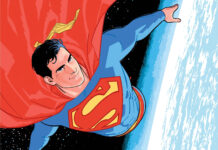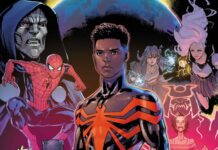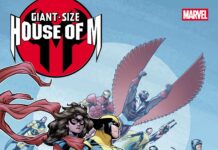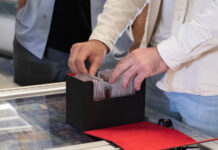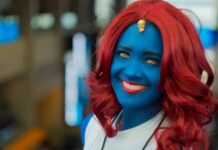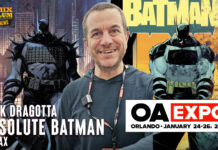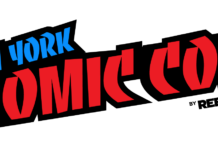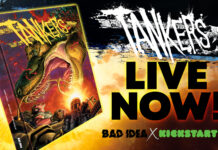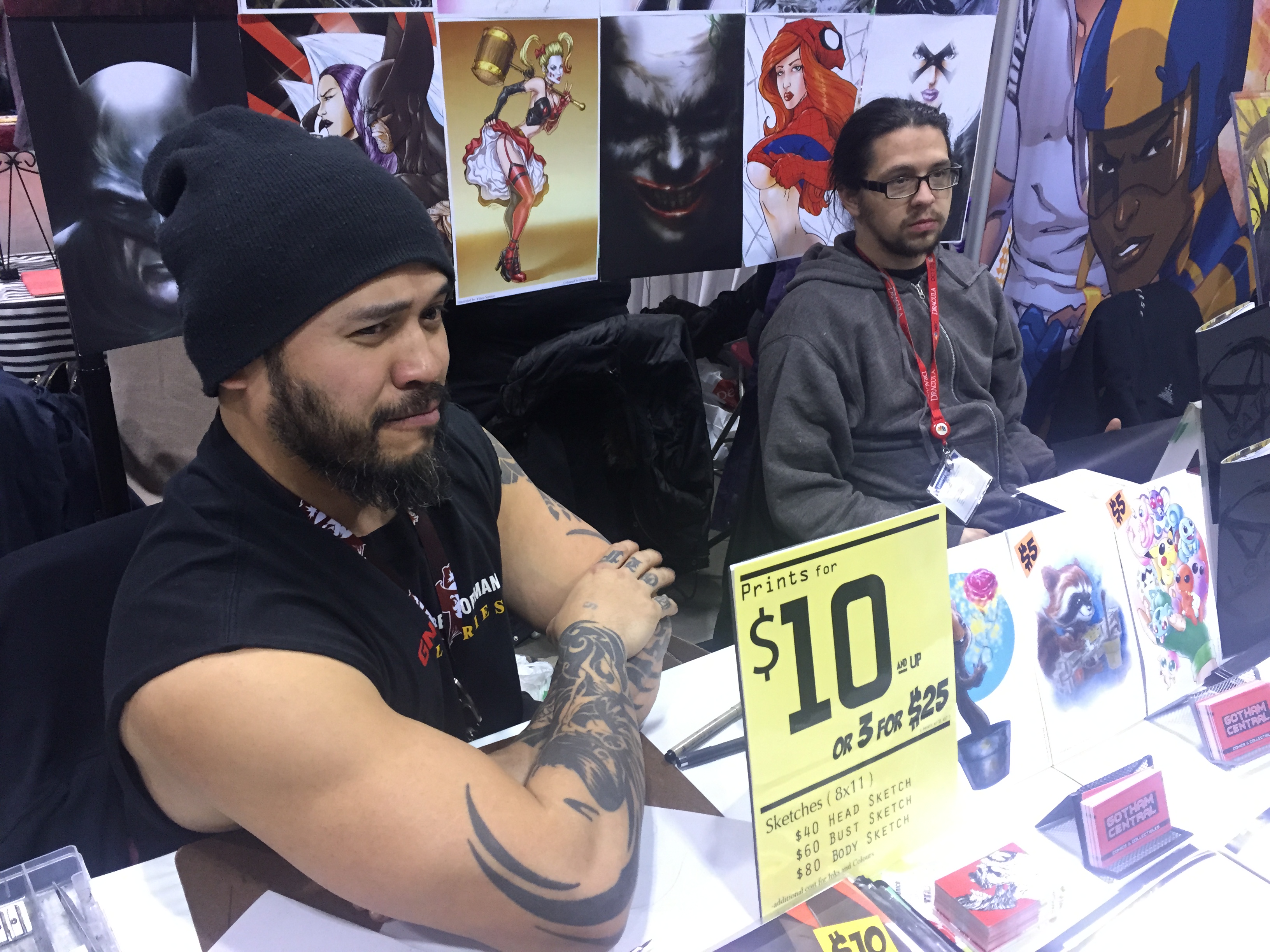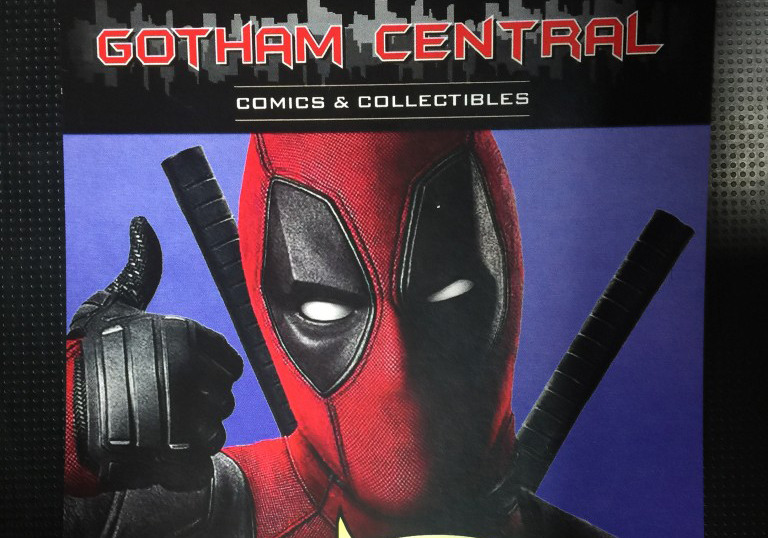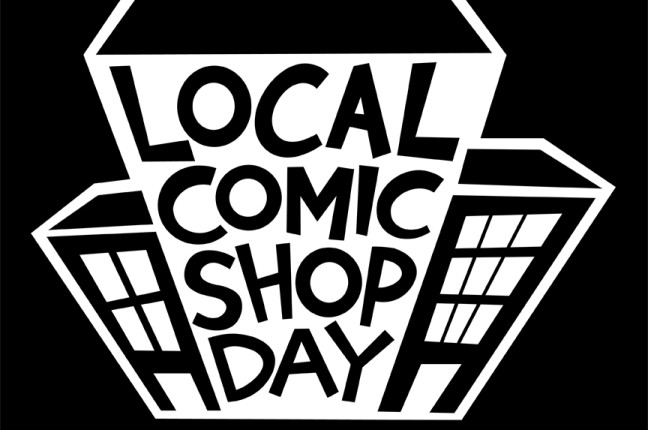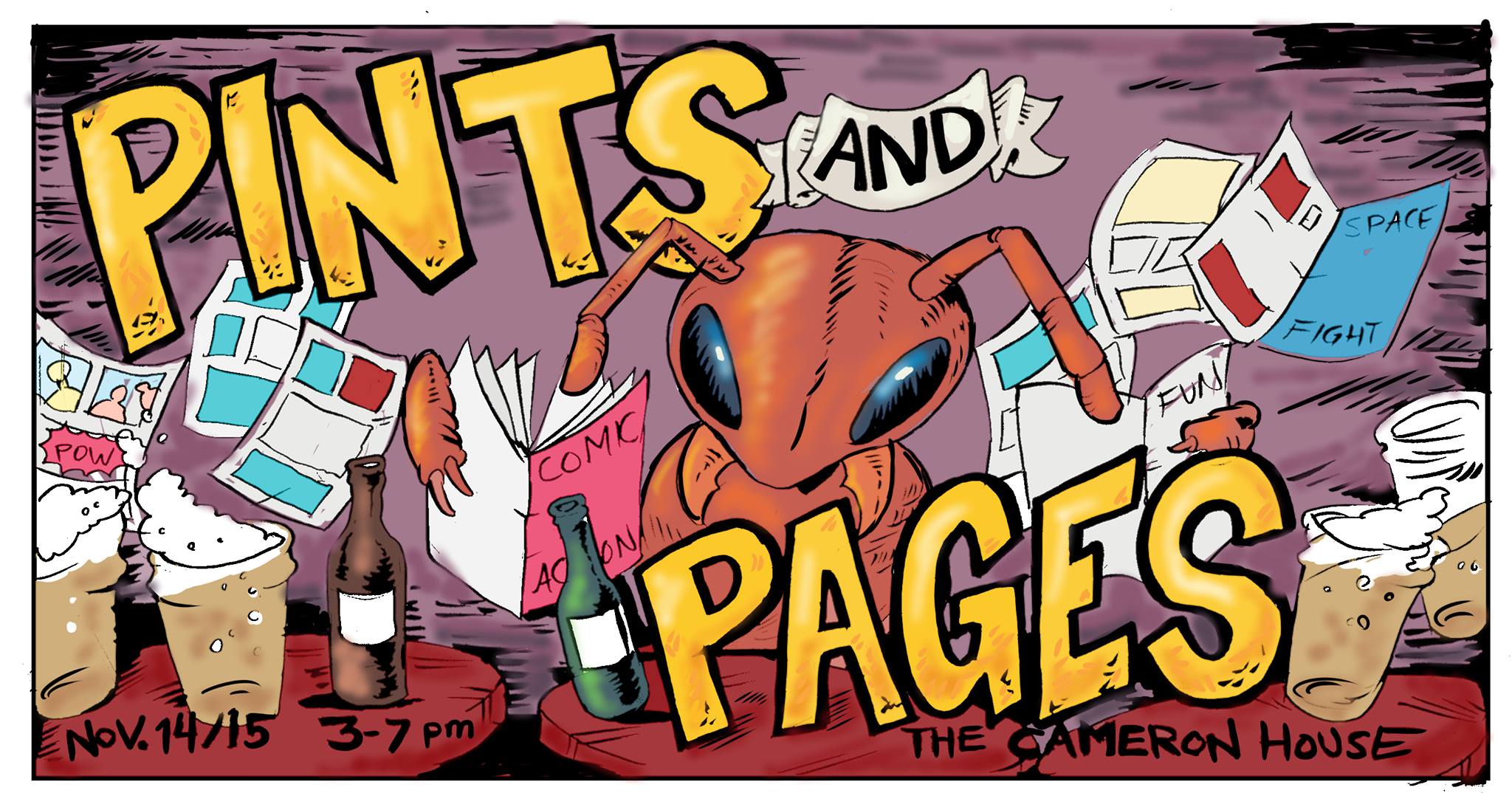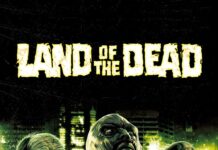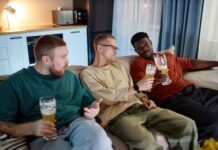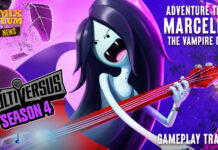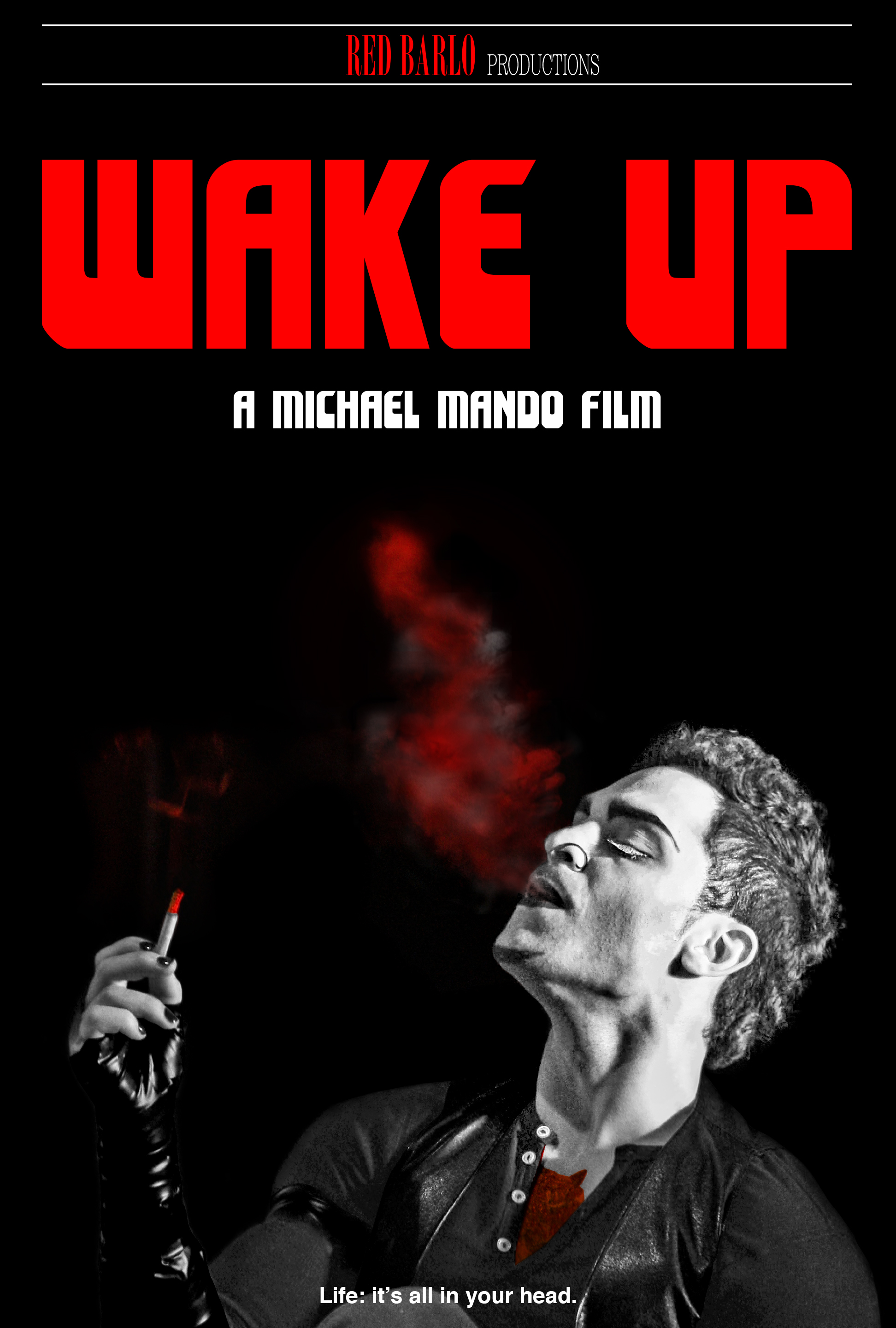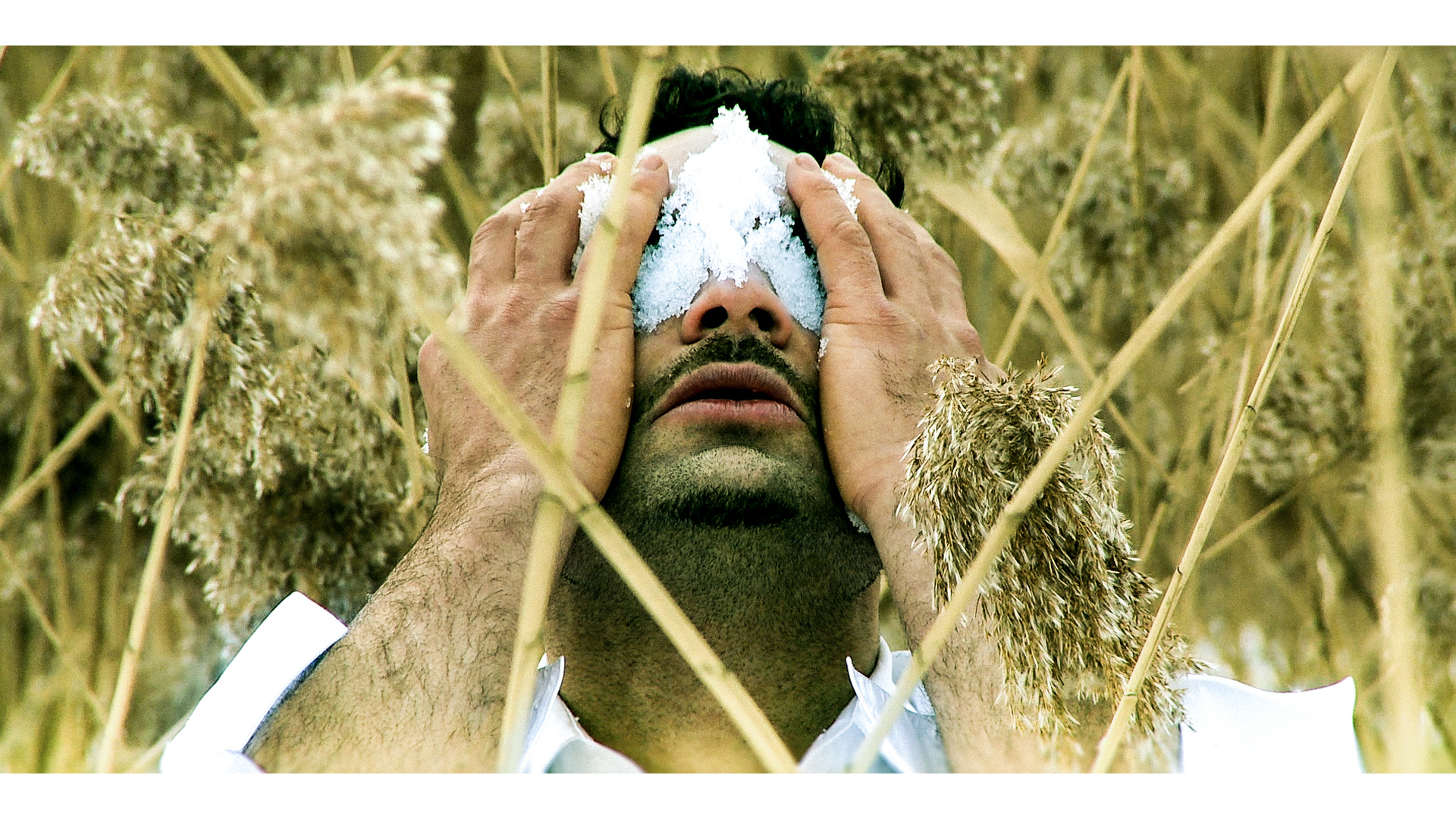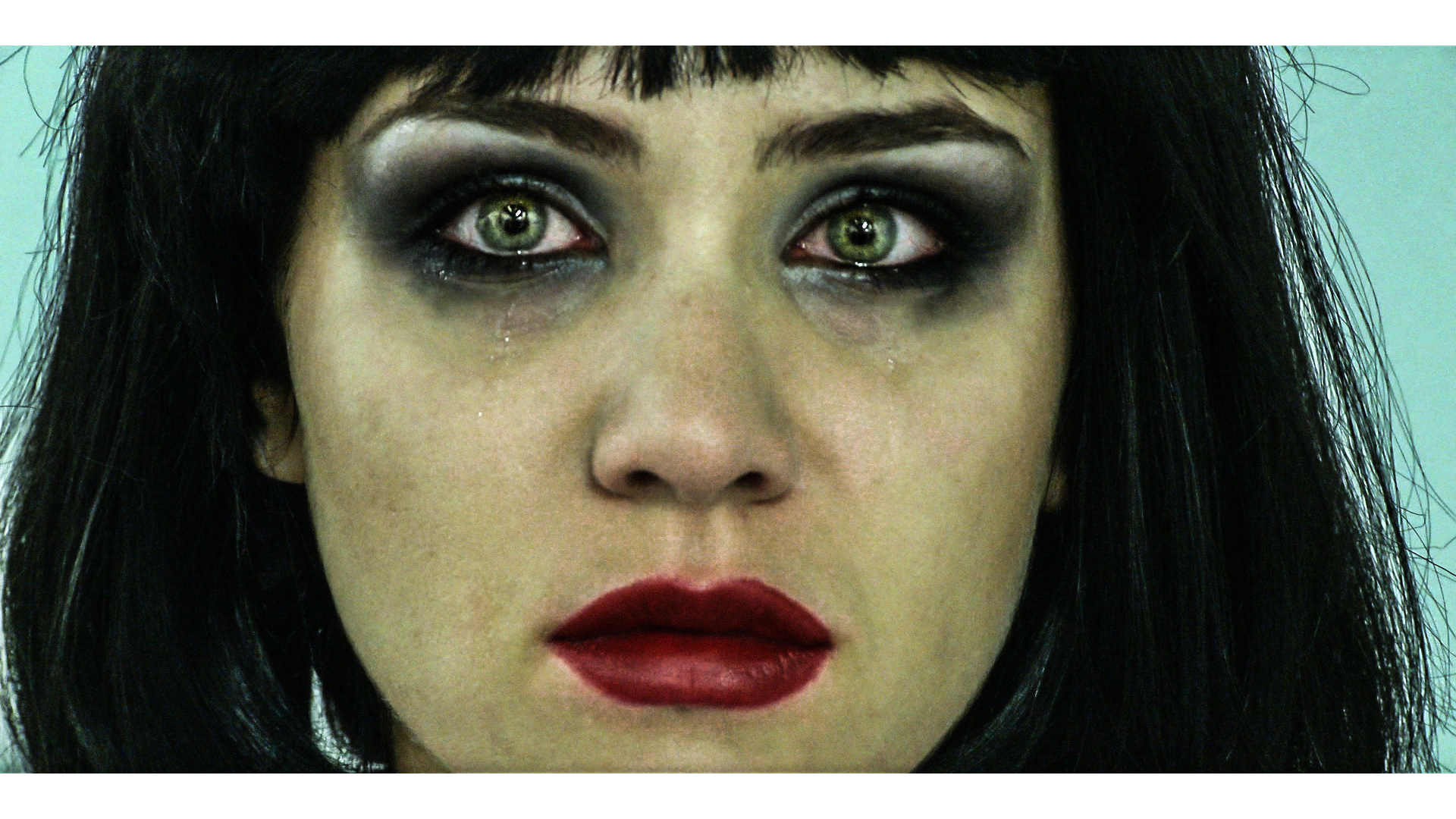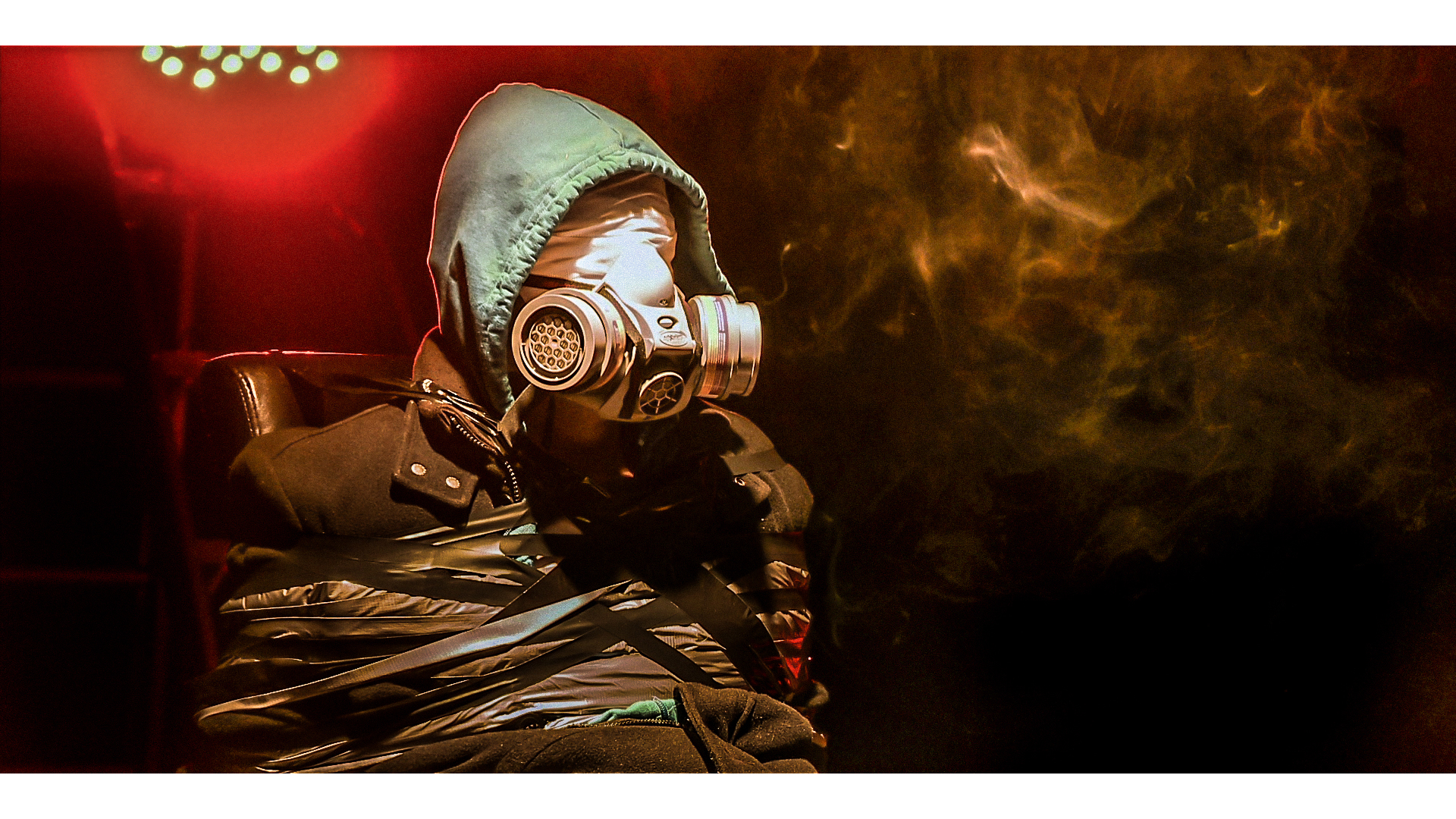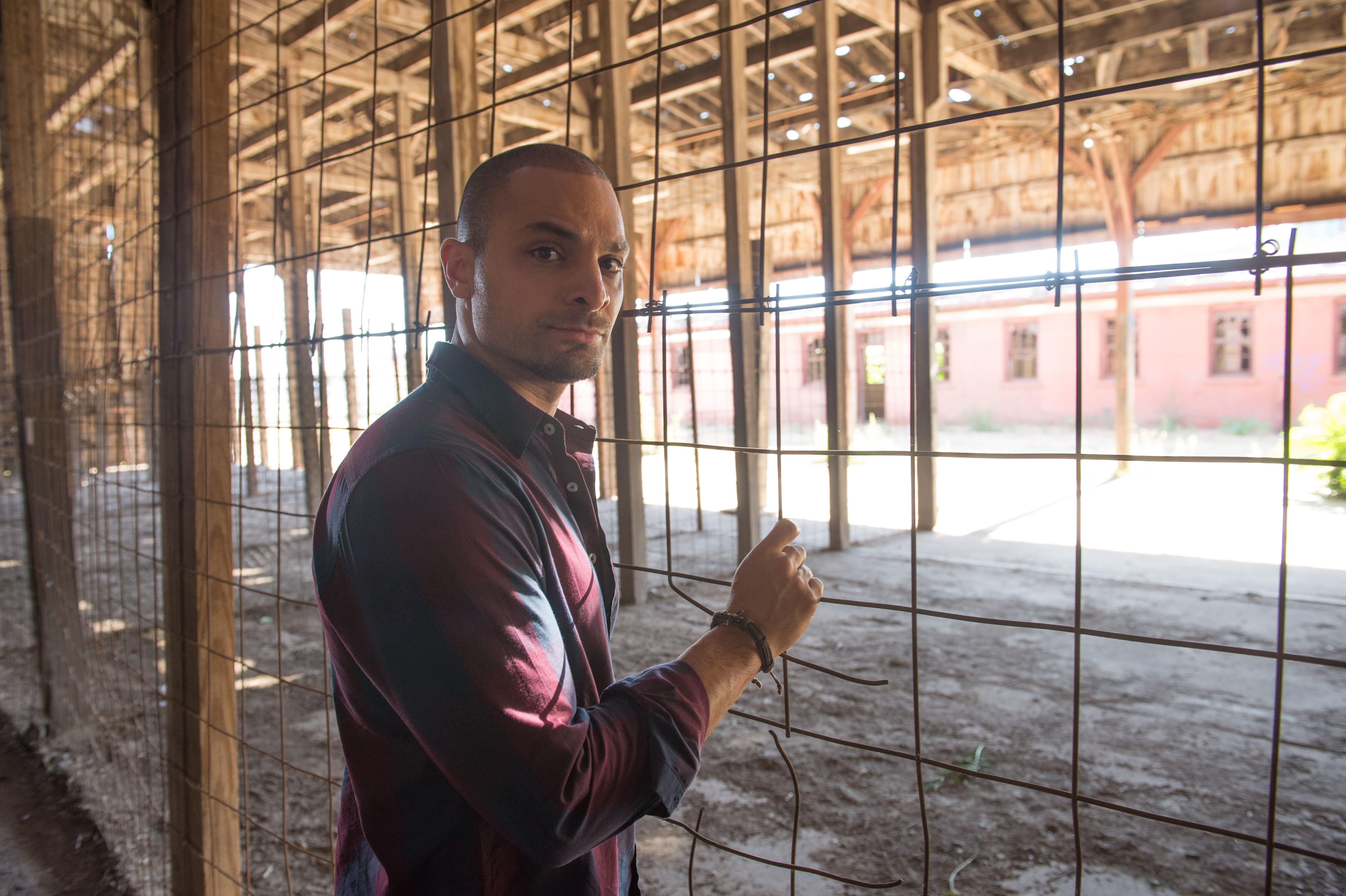Better Call Saul’s Michael Mando talks to Peter Van Horne about his hit TV show, his recently released short film, Wake Up and sports in La Belle Province.
PVH: First, I want to thank you for taking the time to chat with us, and we really appreciate it.
MM: Oh, my pleasure. You guys are covering the short film that is very personal to me, so thank you Peter.
PVH: You’re welcome, and since you mentioned it, tell us about your new film, Wake Up. How did you come up with the idea?
MM: We had just gotten out of theatre school, a bunch of friends and I, and we really hadn’t done any film or television work at all. It was completely foreign to us; all we had done was in the theatre program for three years (The Dome Theatre Program at Dawson College in Westmount, Quebec), and I think we were very afraid to be in front of the camera. We were all going through the angst that you have when you graduate, having no idea where your career is going to go, and leads us to ask existential questions and all that kind of stuff. It’s really funny, you know. I had a very close call with my appendix. I had to get rushed to the hospital in the middle of the night because it was about to burst. And on the way home, after the operation this film just popped into my head, out of nowhere. The office location was where we decided to have our production company, so I know I had the office space. And the basement was a friend of mine’s place; he was a superintendent at a building. So there are all these random locations; the one where we’re doing the scene in the dark room used to be a friend’s restaurant. All these random locations that would pop into my mind was this very abstract, visual film, out of nowhere on the way back from the hospital to my house. The way that it hit me, I had a feeling that I just needed to shoot it in a very dream-like sequence. That’s what Wake Up was.
PVH: It’s amazing how our circumstances in life can affect our creativity and how things happen at the right time and moment. Any other time, you would not have likely come up with the idea or the visual aspect had your appendix not burst.
MM: Yeah, absolutely; everything crescendos at the right time. I find that to be true about life. There’s no real explanation to it other than it just feels like it happens as part of a plan. That was one of those things were I felt I needed to shoot it the way that it was. It was like an instinct thing, We lost, maybe, two or three weekends of our lives shooting at three in the morning without sleeping or anything like that. We really pushed ourselves, and I had all this great footage in my external drive for seven years and I got distracted for a little bit – my acting career took off and I put projects on the side. Every time I kept visiting it (the film) I wasn’t so sure about it. And it’s only seven years later that I was able to finish it, between season one of Better Call Saul and season two, that’s when I did the final edit. It was only then I understood what it meant to me. I wrote it the way I saw it in my head without trying to explain it too much, and then seven years later it makes sense to me – at least what I thought it was about and I finished it then.
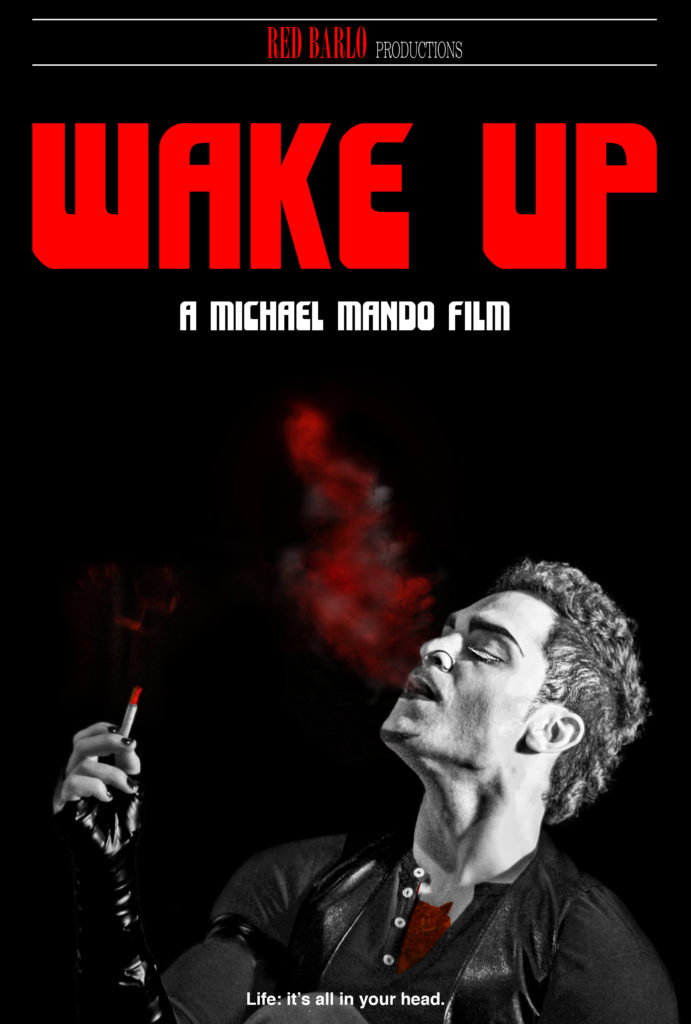
PVH: As we were talking about things happening at certain times, there’s a phrase I keep in the back of my head – the universe tends to unfold as it should.
MM: I think if you keep your heart open, if you’re truly listening – either way, it’s going to unfold, but if you keep your heart open, you won’t miss it. That’s how I see it.
PVH: Exactly. You certainly have quite a resume on acting; this is a project you’ve had in development for years. How did it feel to be on the other side of the camera?
MM: Just to be clear, it was shot in 2009, we hadn’t shot anything since. The final cut was done seven years later. I love being behind the camera because as an actor you hear it and you see the scenes in your mind – you can’t help but imagine it. And I found it so much fun to actually be able to express what I felt through other peoples’ performances, through the camera movement, the colour grading, the music, and the sound effects. I found it to be a very rewarding experience and something that I definitely look forward to doing again.
PVH: And on the flip side, has the experience of writing and now directing informed your acting?
MM: Oh tremendously. I recommend that anyone interested in acting, directing or editing try to do all three just to get a sense of what it is. If you want to be an actor try directing, try editing, try doing everything you can that is in the field so you can better understand your medium. I think in many ways the more and more experienced you get in one of them, you become more and more informed in the others.
PVH: Right. Now, your credits are extensive: Flashpoint, The Bridge, Bloodletting and Miraculous Cures, Lost Girl, The Killing, The Listener, Rookie Blue, Covert Affairs, Orphan Black, and now Better Call Saul, in which you play Nacho. What’s the experience like being involved in the world Vince Gilligan has created?
MM: It’s a wonderful experience on two levels. First of all, I’m working with people that I respect and admire and I continually learn from every day. It’s a unique experience in that we’re doing the prequel to a hugely celebrated show (Breaking Bad), so it’s very unique and very exciting to enter a world that has been established before you, and try to find – sort of your own heartbeat within that ecosystem of entertainment.
PVH: Nacho’s progression through the first two seasons of Better Call Saul has been interesting. Although he’s looking to climb the ranks of the Salamanca Cartel it almost seems like there’s something more to him than Mike or the audience are seeing at this point.
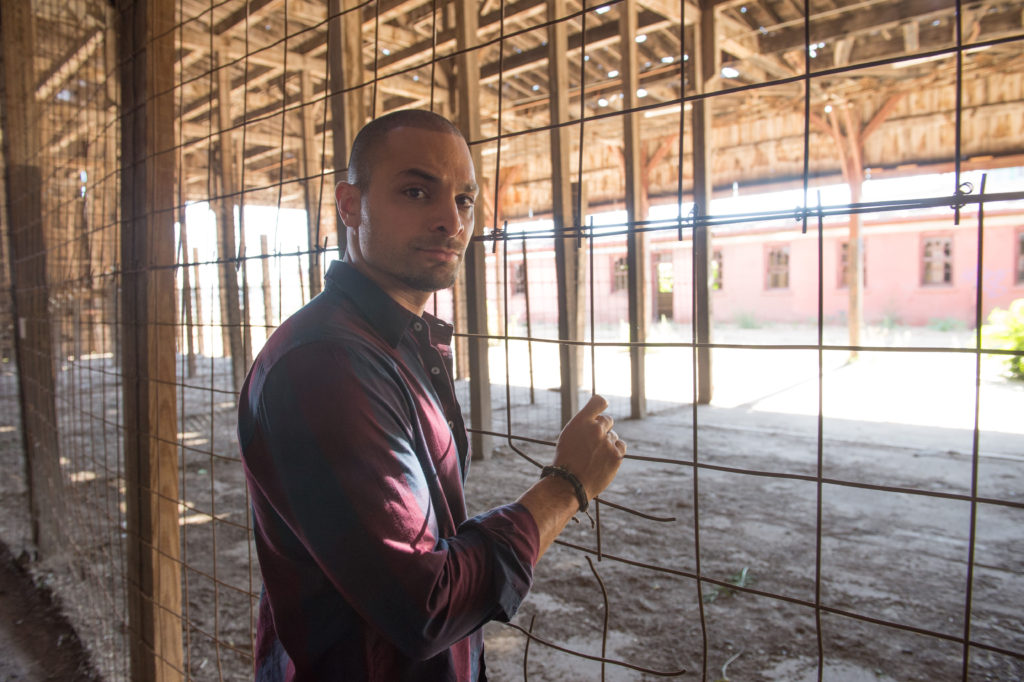
MM: You know, I think I agree with you. He is definitely one of the most interesting characters that I’ve ever played, and what’s so unique about him is that he has the capacity for compassion and empathy, but also the stomach to handle extreme violence. And what I found even more interesting about him is he has the capacity to remove his ego from the equation and choose an outcome that is the most practical and profitable. That is something that I find very admirable in any character.
PVH: And that’s interesting because on Orphan Black Vic didn’t seem to be able to take his ego out of the equation, it always seemed to be about him.
MM: Absolutely. I think Vic and Nacho are complete opposites when it comes to the way they deal with their egos. Vic is very much – I’ve always compared Vic to someone who is stuck in a dark room with no windows and no light and he’s just bumping into everything, never trying to figure out a way out. Nacho is someone who is in a very nice house, except that it’s not his, and he’s waiting for the people who own the house to come home. He doesn’t want anything from them other than information that he wasn’t given.
PVH: And that must be satisfying for you as an actor and for honing your craft to be playing two very different characters, arguably on opposite ends of the spectrum.
MM: It’s a real treat – I feel very grateful that Vince Gilligan and Peter Gould and Sharon Bailey, the casting director, saw that I could play a character like Nacho even though I hadn’t played anyone like him on television or film. And I think they had seen my work in Orphan Black and in a video game called Far Cry 3 and a very successful webseries called Far Cry Experience.
PVH: So what’s next on the horizon for you? Any tidbits you can share?
MM: Well, I’m very grateful – I’ve had a lot of great opportunities. I think I’m a position now where it’s about scheduling and finding the right piece. So I can’t say much other than I feel grateful and excited for what’s about to come. Once I can legally share everything with you guys, I will let you know.
PVH: Fair enough. Now with all the business out of the way, the most important question. You’re from Quebec City, who would you rather see return first – the Quebec Nordiques or the Montreal Expos?
MM: (laughs) Oh my God, that’s a tough one. Wow, I don’t want to upset anybody. All I can tell you is that growing up the Nordiques were my favourite hockey team.
PVH: We’ll leave it at that so people can draw their own conclusions. Its unfortunate the Nords left town then won the Stanley Cup as the Colorado Avalanche, which must really have stung.
MM: Yeah, but the good news about that is they had so many Canadians on the team, and Patrick Roy ended up winning one as well, that was really fun to watch.
PVH: He did, and now he’s coaching the Avs. Michael, I want to thank you very much for taking the time to speak to me, and I love the film.
MM: Thank you so much, Peter. It means a lot that you guys are covering it and there are no shows without people like yourselves sponsoring them so thank you.
PVH: Thanks, and I hope we can speak again in the near future.
MM: Thank you.


